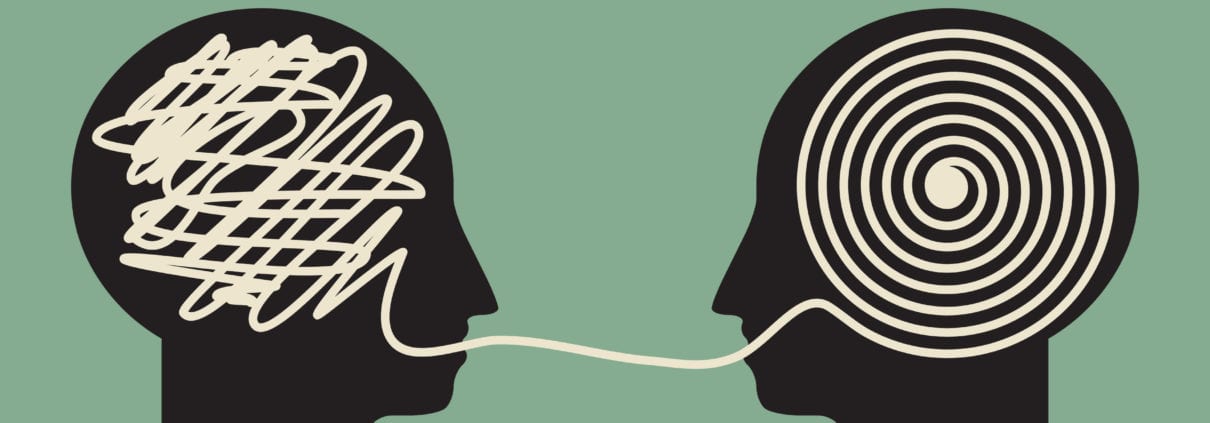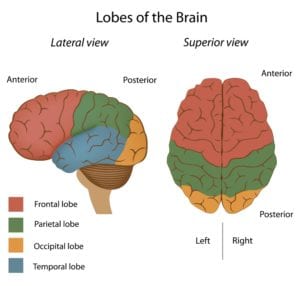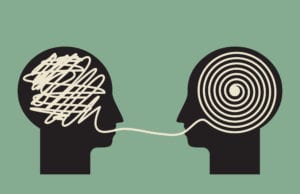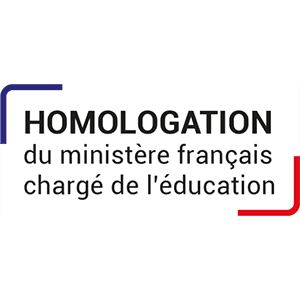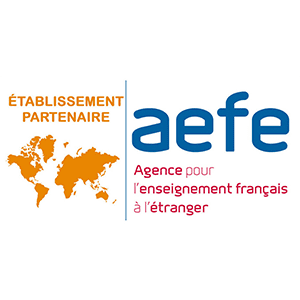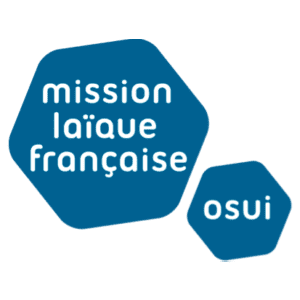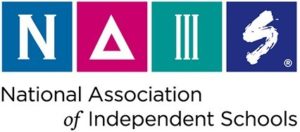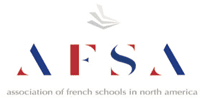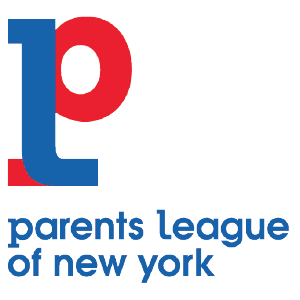Bilingual Language Programs Benefit Brain Development!
It’s an age old question: does learning a foreign language have visible effects on your brain? With advances in modern technology, scientists now possess the equipment to study parts of the brain during language learning. Medical machinery, like functional magnetic resonance imaging (fMRI), make it possible for doctors to dive deep down into the cortex and gain a better understanding of how learning a new language affects brain development at any age.
Cerebral Language Processing
It was once thought only certain regions of the brain, such as Broca’s and Wernicke’s area, were capable of cerebral language processing. But with brain-imaging methods, like fMRI, scientists now know every major lobe plays a part in our ability to process language.
The four lobes:
- Frontal lobe (Broca’s area)
- Parietal lobe (Wernicke’s area)
- Temporal lobe (Wernicke’s area)
- Occipital lobe
What Happens to the Brain When Learning Language?
In 2012, the Swedish Armed Forces Interpreter Academy measured brain function between a group of language recruits and a group of science students. The study design was simple: the recruits underwent an intense three-month language course and the control group diligently studied something other than language, both for three-months. Scientists took fMRIs of students before they began their three-months of intense study and after they completed three-months of intense study and compared the results between groups. What they found fascinated them!
Brain Growth Varies Among Student Performance
Swedish scientists proved on brain scans what researchers and educators have believed for decades: learning a foreign language positively impacts brain growth. Brain-imaging visibly demonstrated that bilingual education benefits brain development. In fact, researchers were pleasantly surprised to learn that different parts of the brain developed at different degrees depending on how much effort a student had put into their own language learning. In other words, the more effort a student put into their own learning, the more they cognitively benefited.
fMRI demonstrated greater growth in the following areas:
- Hippocampus ~ This structure is a part of your limbic system and plays a role in memory, learning, and emotion. Deep within your temporal lobe is a portion of your hippocampus.
- Superior temporal gyrus ~ This structure contains your primary auditory cortex and is responsible for processing sounds. It’s understandable how perceiving sounds would affect your ability to process language.
- Middle frontal gyrus ~ This brain bump takes up about a third of your frontal lobe and is responsible for re-orienting attention and perceptual processing.
Bilingual Education Benefits Brain Development
The Swedish study finally confirmed that learning foreign languages foster brain growth and development.
For educators, doctors, and clinical researchers, this data has potential to shift the direction of education and medicine to benefit children of all ages, including those with dyslexia or autism. Imagine educators and researchers using fMRI scans to help tailor bilingual education programs to each individual child’s cognitive ability. If your child is struggling to correctly pronounce some words or observe linguistic patterns and syntax, brain imaging could help to develop phonetic software and language apps that match their unique brain circuitry.
Learning Languages Keeps the Brain Fit
Linguistic research continues to unravel more cognitive abilities that lie deep within our brains. In fact, learning languages doesn’t only benefit children, but also adults! Like aerobic exercise keeps your heart healthy, learning another language keeps your brain fit. It can help buffer your brain against the effects of aging and delay the onset of dementia!
If you’re in New Jersey and wish to enhance your child’s language learning and development, schedule a private tour to visit Tessa International School today!


